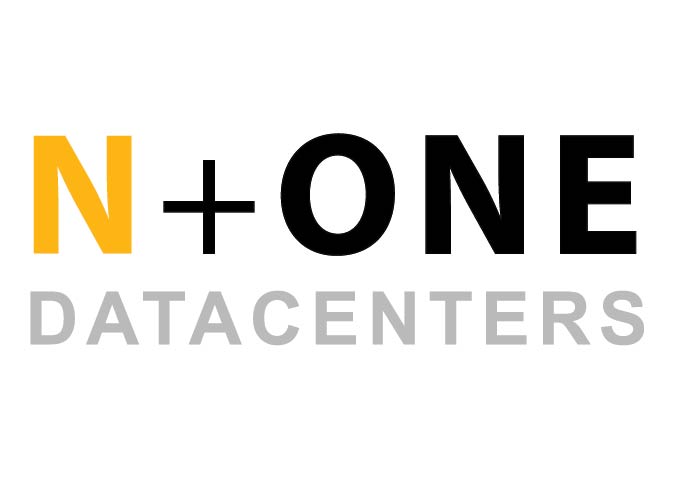Boston Limited’s (Boston) subsidiary, Boston IT Solutions South Africa, has partnered with Liquid C2, a division of Liquid Intelligent Technologies (Liquid), to provide the latter a “turnkey solution” for establishing a hybrid cloud infrastructure on the African continent.
The first establishment of these centers will start in Zambia, thus enabling the accessibility of cloud-based solutions for enterprises within the region. These solutions shall duly comply with the necessary regulatory requirements while concurrently ensuring the seamless operation of latency-sensitive business applications.
As per the statement made by Winston Ritson, the esteemed Chief Operations Officer of Liquid C2, the introduction of Azure Stack within the nation holds significant implications. Through our strategic collaboration with Boston, we are able to guarantee that enterprises adhere to the data sovereignty and compliance regulations set forth by their respective countries. Furthermore, by effectively addressing the ever-growing demand for cloud-based solutions, we are now confident that our customers will experience the same consistent services across the continent”.
Read also: Liquid intelligent tech empowers Botswana businesses
Liquid C2 fosters the setup of Azure clusters
Boston is well positioned to provide value to clients as the world’s longest-standing provider of Supermicro. Boston’s contributions to the enhancement of Liquid C2 encompassed the design of the solution alongside the seamless integration of both hardware and software components.
Additionally, the formation of this partnership will guarantee the direct shipment of units to the designated country, the on-site installation of the kit, and the completion of final testing procedures prior to its operational commencement. Foremost, it is of utmost significance to acknowledge that Liquid C2, together with their esteemed clientele, will also take advantage of the 24/7 next-business-day onsite support.
The unparalleled service provided by Boston is unrivaled by any other distribution corporation in the region. The solution’s reference architecture makes it simple to reproduce and roll out across multiple locations in Africa.
Through the implementation of a turnkey solution, Liquid C2 adeptly fosters the setup of Azure clusters for its clientele, thereby ensuring optimal efficiency in the installation process. This cluster solution provides them with a decreased total cost of ownership (TCO) while at the same time expediting their return on investment (ROI) timeframe. This leads to cost reductions for their clients.
Expediting the process of digital transformation
“We don’t drop boxes. Chris Coetzee, the Business Director of Boston IT Solutions South Africa, remarked, “We are passionate about the value we add to customers. We are excited about bringing offerings like these to new territories where there previously was no public cloud available to this scale. This is an incredibly exciting opportunity for every party involved.”
“By aiding Liquid C2 in establishing connections across a whole continent, Boston will demonstrate its technological prowess in the modeling and deployment of big and complex systems. We are eagerly anticipating the unveiling of the many potentials that will unfold as a result of the improved connectivity transcending borders. Today, we live in the information age, and we want the flow of information to be fast, consistent, and high quality across the world.”
The investment made by Liquid C2 and Boston exemplifies the unwavering dedication of both entities to expedite the process of digital transformation within the continent through empowering businesses by providing them with a cloud solution that conforms to the regulatory requirements of the respective countries. Significantly, it additionally provides a commendable level of security, lowered latency, and real-time business continuity with flexible adoption models.









